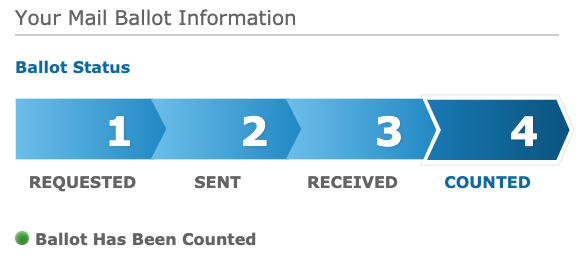
Wetlands are valuable ecosystems that can slow erosion, prevent flooding by retaining storm waters, filter and decompose pollutants, and slow global warming by converting carbon dioxide into oxygen at a prodigious rate.
Wetlands are protected under the Clean Water Act. These are vital to the nation's water quality. Their dense vegetation helps filter out toxins as water flows through. Wetlands provide key fish and bird habitat and protect coastal land from hurricanes.
The formation of wetlands can be traced back to the most recent ice age. A massive ice sheet called the Wisconsin Glacier advanced on New York City 75,000 years ago, pushing the rock, soil, and boulders ahead. When the ice melted 17,000 years ago, water flowed to the sea, creating streams and rivers that carved through rock.
Large glacial fragments broke off, melted, and left depressions called kettles. If layers of fine silt and clay were deposited on the bottom of the depressions, the kettles collected water and ponds formed. Where waters were shallow or flowed slowly, seeds and spores were able to take root and flourish.
Generations of plants grew and decomposed, building peat-rich sediments. As wind and water eroded the soil, the steep slopes grew gentler, slowing the passage of water. Plant communities diversified under these favorable conditions, attracting animals that fed on the plants. The sophisticated food web that developed brought advanced predators to the wetlands: snapping turtles (Chelydra serpentina), wolves (Canis lupus), several species of hawks, and humans (Homo sapiens).
Trump's move to redefine water rule threatens wetlands banks https://apnews.com/0198a1bd090944df836a4d97e8fd087b
Nutria don't just destroy wetlands, they're also raiding bird nests, scientists say http://s.nola.com/EMNvqDT